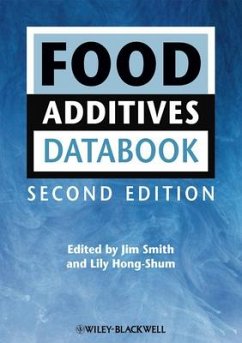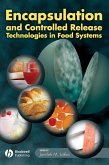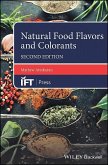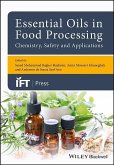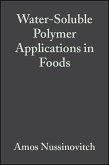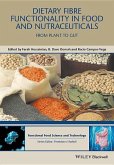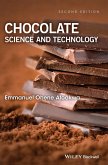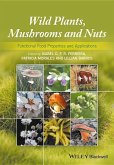The use of additives in food is a dynamic one, as consumers demand fewer additives in foods and as governments review the list of additives approved and their permitted levels. Scientists also refine the knowledge of the risk assessment process as well as improve analytical methods and the use of alternative additives, processes or ingredients. Since the first edition of the Food Additives Databook was published, there have been numerous changes due to these developments and some additives are no longer permitted, some have new permitted levels of use and new additives have been assessed and approved. The revised second edition of this major reference work covers all the "must-have" technical data on food additives. Compiled by food industry experts with a proven track record of producing high quality reference work, this volume is the definitive resource for technologists in small, medium and large companies, and for workers in research, government and academic institutions. Coverage is of Preservatives, Enzymes, Gases, Nutritive additives, Emulsifiers, Flour additives, Acidulants, Sequestrants, Antioxidants, Flavour enhancers, Colour, Sweeteners, Polysaccharides, Solvents. Entries include information on: Function and Applications, Safety issues, International legal issues, Alternatives, Synonyms, Molecular Formula and mass, Alternative forms, Appearance, Boiling, melting, and flash points, density, purity, water content, solubility, Synergists, Antagonists, and more with full and easy-to-follow-up references. Reviews of the first edition: "Additives have their advantages for the food industry in order to provide safe and convenient food products. It is therefore essential that as much information as possible is available to allow an informed decision on the selection of an additive for a particular purpose. This data book provides such information - consisting of over 1000 pages and covering around 350 additives. This data book does provide a vast amount of information; it is what it claims to be! Overall, this is a very useful publication and a good reference book for anyone working in the food and dairy industry." --International Journal of Dairy Technology, Volume 59 Issue 2, May 2006 "This book is the best I have ever seen ... a clear winner over all other food additive books .... a superb edition." --SAAFOST (South African Association for Food Science and Technology)
Hinweis: Dieser Artikel kann nur an eine deutsche Lieferadresse ausgeliefert werden.
Hinweis: Dieser Artikel kann nur an eine deutsche Lieferadresse ausgeliefert werden.

